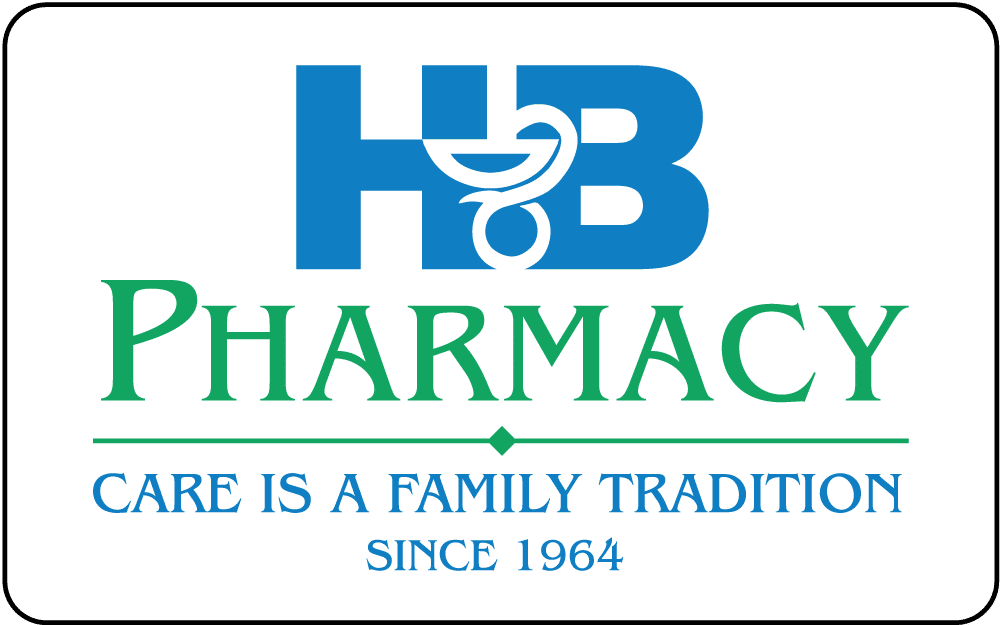Medication adherence is a critical component of healthcare management that involves taking medications precisely as prescribed by healthcare providers. Unfortunately, medication non-adherence remains a significant healthcare challenge, leading to avoidable hospitalizations, increased healthcare costs, and negative health outcomes. This article presents tips and strategies for patients to remain compliant with their medication regimen.
The importance of medication adherence
First and foremost, it is essential to comprehend the significance of medication adherence. Taking medication precisely as prescribed is crucial for managing chronic conditions, preventing disease progression, and minimizing complications. Patients should be aware of the benefits of medication adherence and the adverse outcomes of medication non-adherence.
Create a medication list
This is an effective strategy for staying organized and remembering to take medications. Patients should keep an updated medication list that includes medication name, dose, frequency, and purpose. Using reminders such as phone alarms, medication reminder apps, and pillboxes is another helpful strategy. It is essential to select a reminder method that works best for an individual’s preferences and lifestyle.
Create a daily routine
Incorporating medication-taking into daily routines, such as taking medication with meals or at the same time every day, can help patients remember to take their medication. Patients should read and understand medication instructions, including the dose, frequency, and any specific instructions. They should also ask questions and clarify any confusion with their healthcare provider.
Talk with your healthcare providers
Effective communication with healthcare providers is crucial for maintaining medication adherence. Patients should inform their healthcare providers about any medication-related issues, such as side effects, medication interactions, or difficulties taking medication. Healthcare providers can address these issues and adjust the medication regimen accordingly.
Patients should never stop taking medication without consulting their healthcare provider, even if they feel better. Abruptly discontinuing medication can be harmful and may cause adverse effects or disease progression.
Medication adherence is critical for maintaining good health and avoiding preventable complications. Patients can follow various strategies to remain compliant with their medication regimen, such as creating a medication list, using reminders, making medication-taking part of their daily routine, understanding medication instructions, communicating with healthcare providers, and avoiding sudden discontinuation of medication. By adhering to these strategies, patients can improve their medication adherence and achieve better health outcomes.
